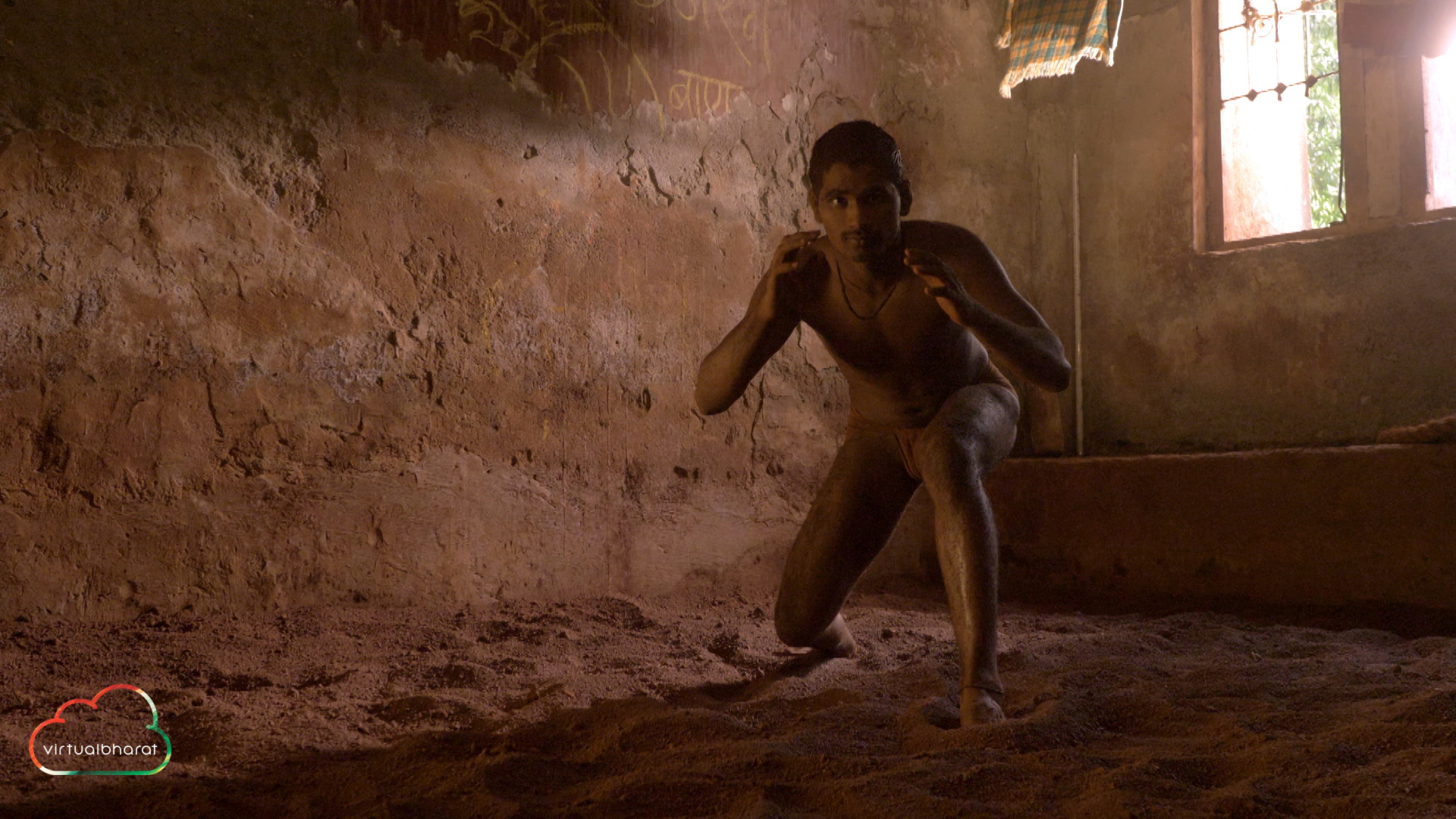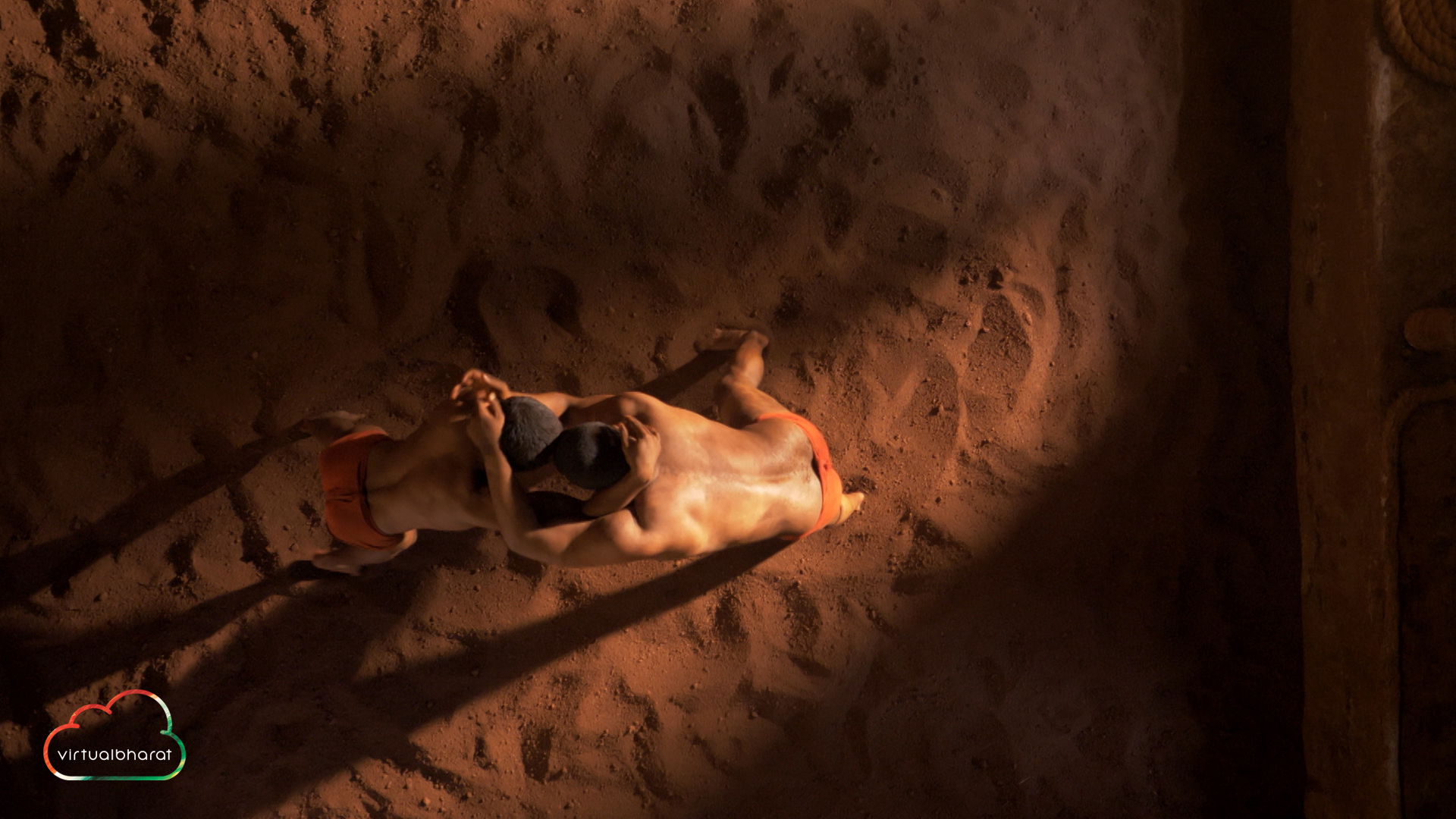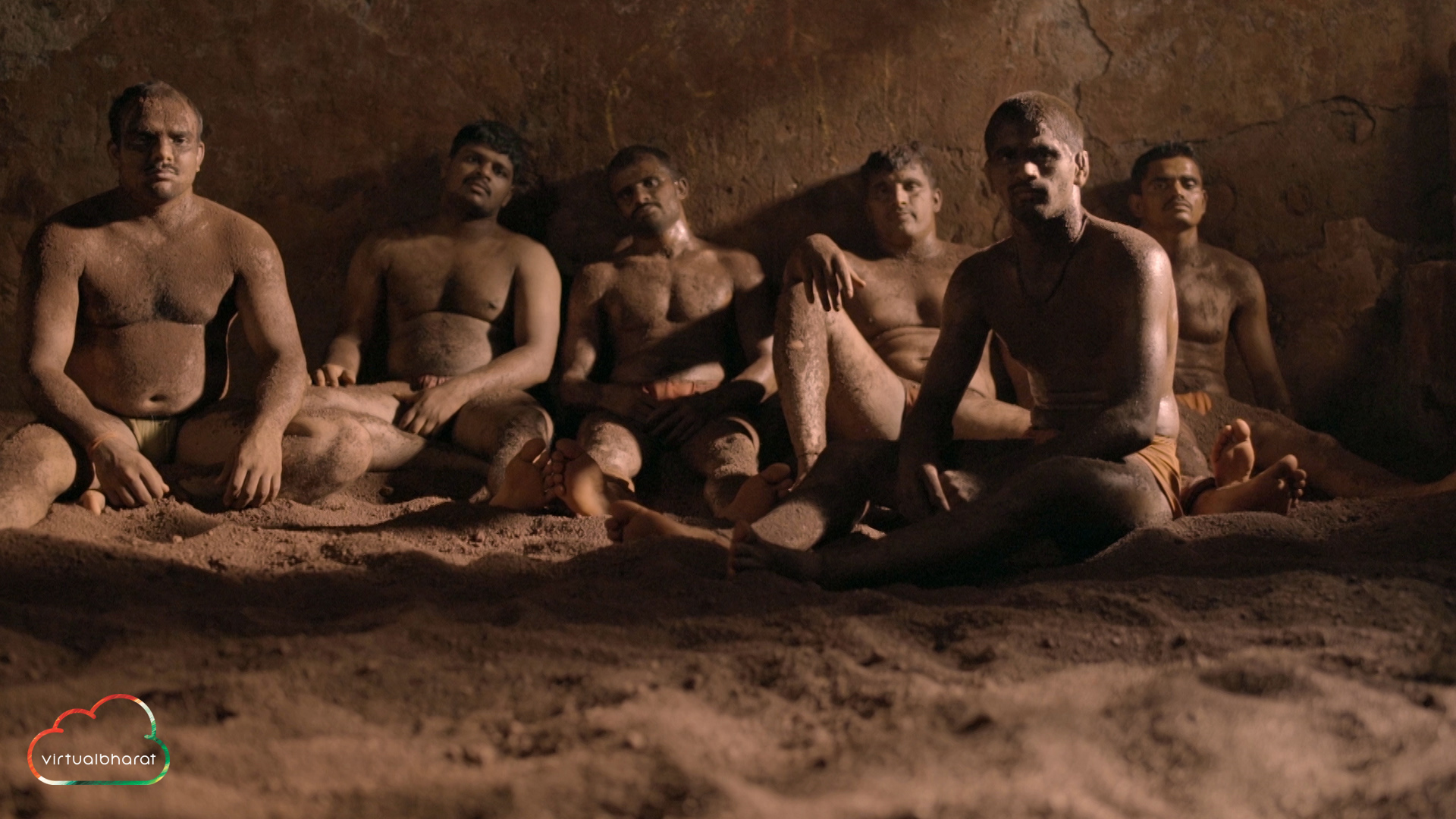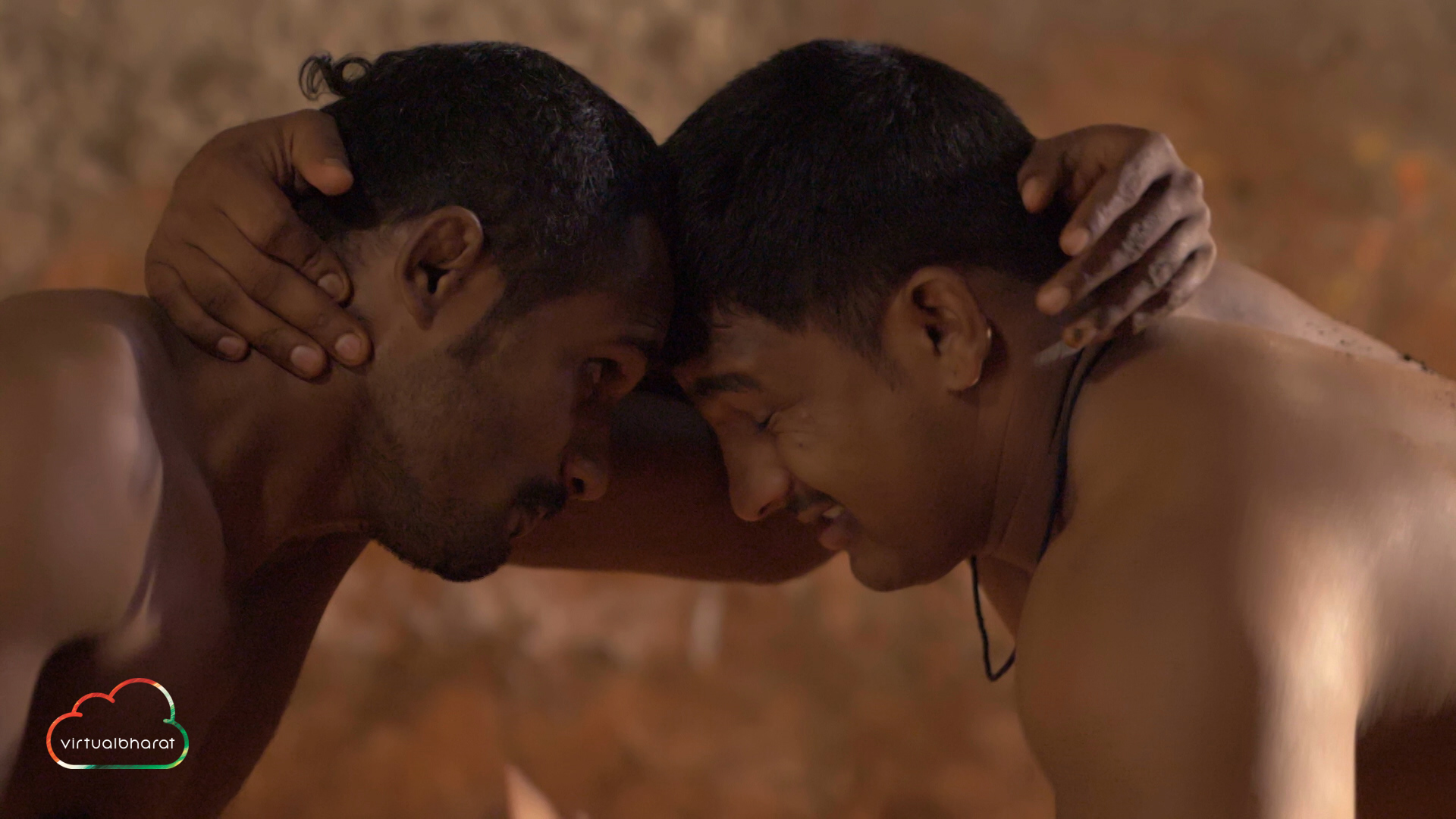Pehlwan: Migrant workers who are also migrant warriors of Mumbai
They came to Mumbai as teenagers and work as coolies and security guards. What brings these migrant workers together is pehlwani. Virtual Bharat’s ‘Pehlwan: The Migrant Warrior’ documents their grit.

Like millions who leave behind their homes and families, Milind Kuber Patil, Nilesh Baban Madale, Shailesh Rangrao Maske, Raju Baban Jadhav, Omkar Kisan Pawar and Amit Shrirang Ghadage also migrated to Mumbai as teenagers to make a living, a future and a name in the city of dreams.
But, what sets these migrant workers apart is that they not only took on the dreams and struggles of Mumbai, but also dedicated themselves to training in the ancient Indian art form of Pehlwani, also known as ‘kushti’, a martial art sport made famous by the movie Dangal.
Pehlwan: The Migrant Warrior, the latest story at Virtual Bharat is of pehlwans from Mumbai, the bustling financial capital of India, made up of 22 million people, which runs on the strength of its migrant workforce.

Pehlwani is an intensive sport involving over eight hours of practice a day, and an intensive daily regimen. The training of future pehalwans begins when they are young, and involves hard work and determination. They worship the soil they train on, tending to it every day and nourishing it with honey and minerals before stepping onto it.
The migrant-workers-cum-pehlwans, many of whom are in their 20s, move to the Mahatma Phule Vyayam Mandir, an akhada (training centre) located in Chinchpokli, Mumbai, in their teens, with a dream to become the greatest pehlwans of India. There are 25 men there now, and they work in the city as coolies, labourers and security guards to earn a living. What keeps them going is their love for the art, and their determination to progress.

“Everybody has a desire; I do too. I want to move forward in life. I am never satisfied with my body, because I would then settle for this,” said Patil.
Pehlwani or kushti is an ancient Indian combat art form, thought to have been around in its early form (Malla-Yuddha) since 5 BCE. The art of kushti has evolved over centuries, and was honed in the Mughal and colonial eras. The core values of kushti have continued to remain its true fuel. The men who are trained as pehlwans take an oath — to stop a blow, never strike. They use their strength and prowess to defend the weaker sections of society.

The pehlwan (pehla wan: first guardian) plays the role of the protector. The Pehlwani culture aimed to create an aspirational figure for society, a role model for the traditional Indian male.
When the team shot the pehlwans, they saw not only their incredible training and willpower, but also their kindness, diligence and sheer inner strength, honed by practice. The film shows the journey of the pehlwan in a city built on the dreams of migrants.
The lyrics of Dopeadelicz ring in your ears — “Fight like a warrior, win like a champion”.
Watch the film here:
Virtual Bharat is a 1,000-film journey of untold stories of India spanning people, landscapes, literature, folklore, dance, music, traditions, architecture, and more in a repository of culture. The vision of director Bharatbala, the creator of Maa Tujhe Salaam, we are a tale of India told person-by-person, story-by-story, and experience-by-experience. The films are under 10 minutes in length and are currently available on Virtual Bharat’s Youtube Channel. Subscribe to the channel, and follow us on Instagram, Facebook and Twitter, to stay updated on our latest films!
Read more from Virtual Bharat here
Aajibaichi Shala — a school for grandmothers — is letting these elderly women live their dream.
How Abdul Manaf the ‘outsider’ danced his way into being ‘Manu Master’

